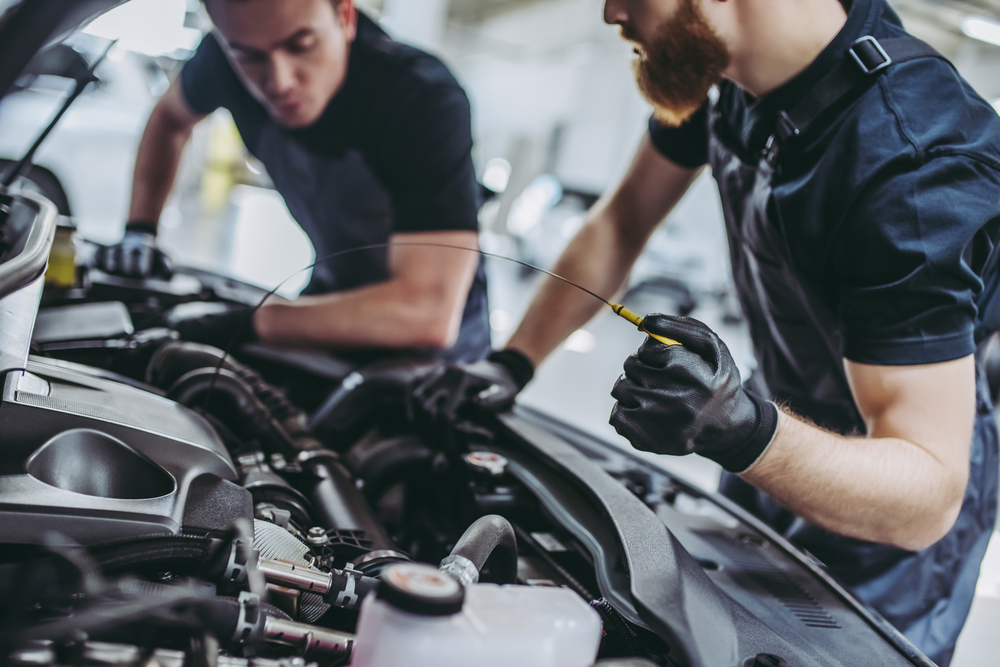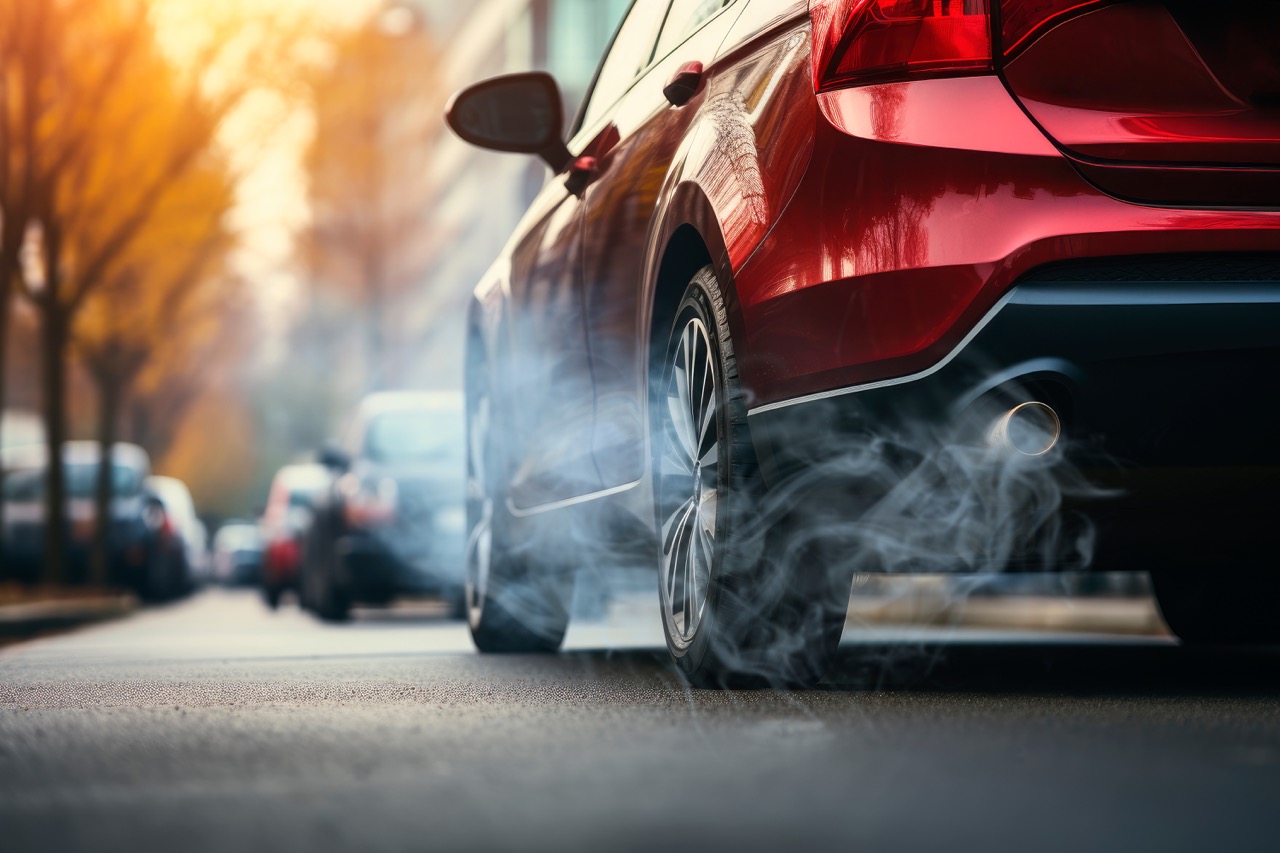
Most vehicle owners follow one of three processes when it comes to changing the oil in their vehicles. Commonly, the yellow light may come on in their dashboard, warning the driver that the life of the oil has come to an end. Whether you’re one to refresh or change your oil before that warning light even turns on, or wait it out until your vehicle has reached well over the mileage number on your last oil change sticker, many vehicle owners aren’t precise about when they schedule their vehicle for an oil change. So, do you always need to listen to an oil change light in your car? Should you pay close attention to the suggested mileage your mechanic has given you until your next change? Let’s find out!
Does it Matter How You are Reminded?
No, how you’re reminded isn’t the important part. The important part is remembering. No matter if you ask for a friendly reminder call from a technician, go by the mile suggestion on a note or sticker, or simply wait for your vehicle to tell you it’s oil life has all but expired, do yourself and your vehicle a favor by changing your oil once one of these reminders has been given. Waiting for an incredible amount of time won’t do your vehicle any favors, in fact, waiting for a prolonged period of time can cause severe damage to your car’s engine. To give you an idea, if a vehicle runs out of oil or the oil is incredibly dirty, it can shred the pistons of the engine beyond reasonable repair. In layman’s terms, the longer you wait after your reminder, the more likely your engine is “toast”.
Should You Change the Oil Out or Fill it Up?
Vehicles need regular oil changes, and there’s no way around it. Regular, routine oil changes should happen every 3,000-6,000 miles, depending on the type of vehicle that you have and the amount of daily driving you partake in. However, this doesn’t mean you can’t top off your oil in between those changes. In fact, it’s a good and smart practice to check your oil regularly. Bi-monthly, check your oil levels after your vehicle has warmed up. If your dipstick reveals that the levels have gone down, you can funnel in an oil that is compatible with your engine. Just be sure to check that the oil brand you have chosen is appropriate for your make and model. Not sure what to do? Ask your Master Muffler Technician what oil brand and type is right for your vehicle, just in case you need to top it off on your own in the future.
The other benefit of these regular oil checks? You’ll know how quickly your vehicle “burns” through oil, or how quickly it goes from clean to dirty. If suddenly your vehicle is losing oil, you will recognize that something is amiss—whether oil is leaking on the ground or somewhere else in your engine. This will signal to you that you need a repair.
Let Us Do the Work for You?
Of course, not everyone wants to take care of changing or topping off their oil on their own. In fact, it’s often less expensive to have a professional take care of changing your oil outside of your regular oil level checks. Save yourself time and energy by letting Master Muffler manage the oil changes of your vehicle. Our teams have been offering premium services since 1963 and have been recognized as a “Best in State” mechanic company. Let the experts take this worry off your mind and keep your engine running as efficiently as possible!
Related Posts
As an EV owner, understanding your vehicle's battery is critical. From its capacity to its lifespan, and everything in between, we'll guide you through what you need to know to optimize your EV experience. So buckle up and get ready - we're about to shed some light on the electrifying world of EV batteries. What [...]
If your car is running hot, it can be a sign that something’s not right with your engine. Fortunately, diagnosing the cause of an overheating engine isn't too difficult if you know what to look for and how to address it. Keep reading if you want to learn the most common issues that occur when [...]
Your vehicle's exhaust system serves a critical role in managing the byproducts of the combustion process and ensuring optimal engine performance. The appearance of colored smoke from the exhaust pipe, either when stationary or accelerating, can provide valuable clues to underlying mechanical issues. What is a car exhaust? A car exhaust is a system [...]



